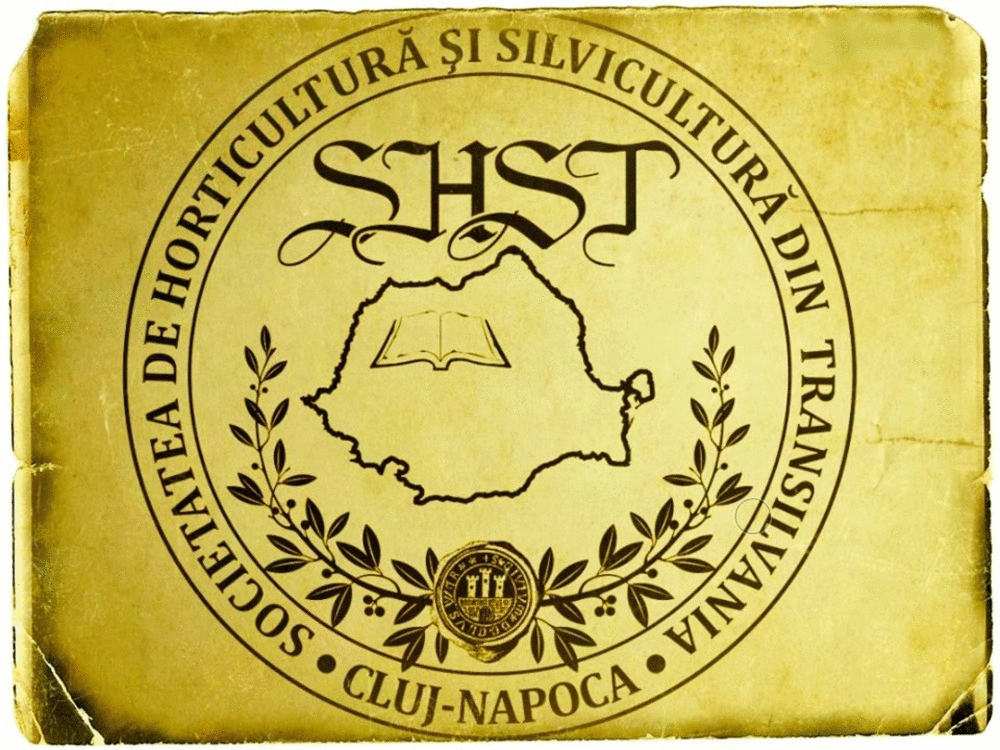Status of Isoetes coromandeliana L.f. and Equisetum debile Roxb. ex Voucher in Gujarat State, Western India
DOI:
https://doi.org/10.15835/nsb749696Keywords:
conservation; diversity; extinction; habitat loss; pteridophytesAbstract
Occurrence of Isoetes coromandeliana L.f. in natural ponds of Harni, Savali and Tuwa (India) is known since 1956 by earlier workers. Equisetum debile Roxb. ex Voucher was also reported in 1962 growing as wild at Savali. Available literature indicates that I. coromandeliana falls under the category of ‘near threatened’ in Asian continents and as an ‘endangered species’ at national (India) level. In the current field work study, the authors could not locate the investigated species from the locations earlier documented by researchers. Few saplings of I. coromandeliana were observed at Talod and Vaktapur near Gandhinagar, a new location for the species. In contrast, E. debile appeared to be lost in wild from Gujarat. Their extinction from earlier reported locations is associated with anthropogenic pressure and thus legal action for their protection is needed. The present paper suggests further survey and habitat based studies and recommends conservation and management action plans based upon the ecology of the habitat.
Metrics
Downloads
Published
How to Cite
Issue
Section
License
Papers published in Notulae Scientia Biologicae are Open-Access, distributed under the terms and conditions of the Creative Commons Attribution License.
© Articles by the authors; licensee SMTCT, Cluj-Napoca, Romania. The journal allows the author(s) to hold the copyright/to retain publishing rights without restriction.
License:
Open Access Journal - the journal offers free, immediate, and unrestricted access to peer-reviewed research and scholarly work, due SMTCT supports to increase the visibility, accessibility and reputation of the researchers, regardless of geography and their budgets. Users are allowed to read, download, copy, distribute, print, search, or link to the full texts of the articles, or use them for any other lawful purpose, without asking prior permission from the publisher or the author.













.png)















